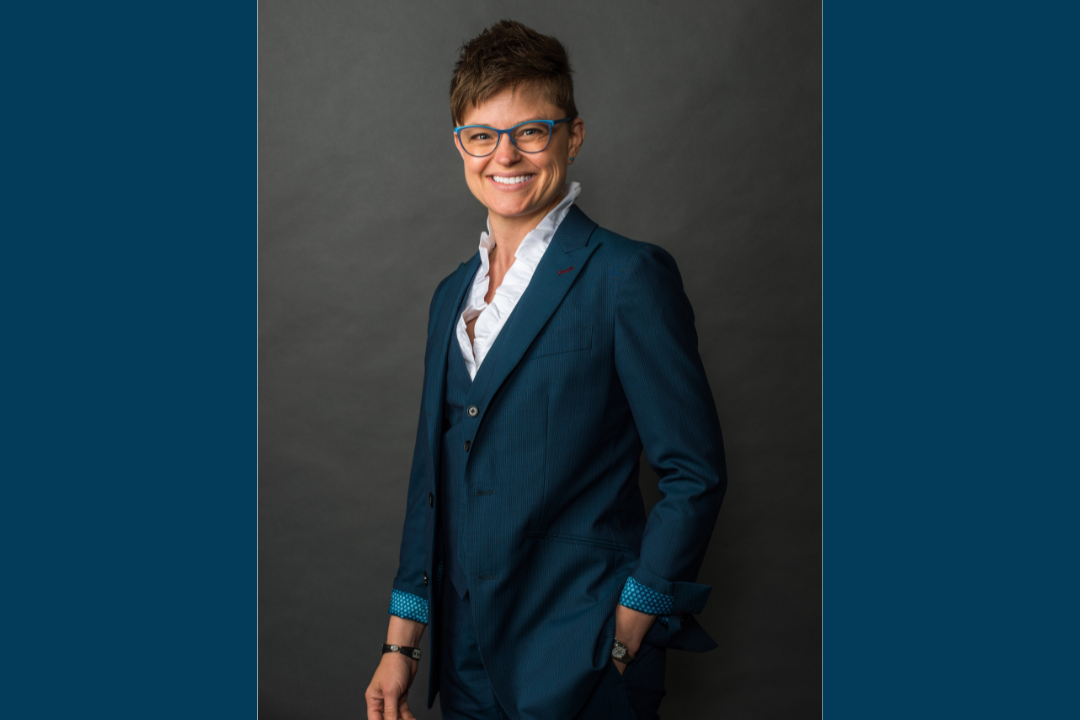GW Law's Glen Earl Weston Research Professor Emily Hammond testified before the House Committee on Natural Resources Subcommittee as a minority witness to the Community Reclamation Partnerships Act and the Mining Schools Act of 2023. The Community Reclamation Partnerships Act aims to grant liability protection to NGOs that wish to contribute their resources to the problem of abandoned mine lands and reduce the burden on the taxpayers and the states. The Mining Schools Act of 2023 aims to establish a competitive grant program at the Department of Energy to provide additional funding to accredited mining schools, or schools in states where mining and mining support activities contribute at least two billion dollars to the state’s gross domestic product.
In response to the Community Reclamation Partnerships Act, Professor Hammond said this in their testimony:
"...a key feature of the Community Reclamation Partnerships Act is that it shields Community Reclaimers from CWA liability (as well as liability under other federal laws) when they improve but do not perfect a stream’s water quality. This is an appropriate and limited exception that would allow more organizations like Friends of the Cheat to undertake the important work of AMD remediation."
...
In response to the Mining Schools Act of 2023, Professor Hammond said this in their testimony:
"I want to highlight some of the purposes to which these grant funds may be put, and to suggest one other. Importantly, the purposes include education that may in the future avoid some of the harms our country faces from abandoned mines and irresponsibility operated existing mines. These include reclamation at abandoned sites, methods for mitigating AMD and reclaiming abandoned mine land, and mineral extraction methods that minimize environmental harms. But today’s scientists and engineers need a bit more: they need to be able to engage with communities. Just as the Community Reclamation Partnerships Act contemplates such engagement, and just as the story of the Cheat River demonstrates the value of collaboration among activists, business interests, and scientists and engineers, so too should higher education prepare students for this reality. I thus recommend that training in community engagement and communication be among the purposes to which these grants may be put."
Watch more of their testimony below, or read their full testimony here.


